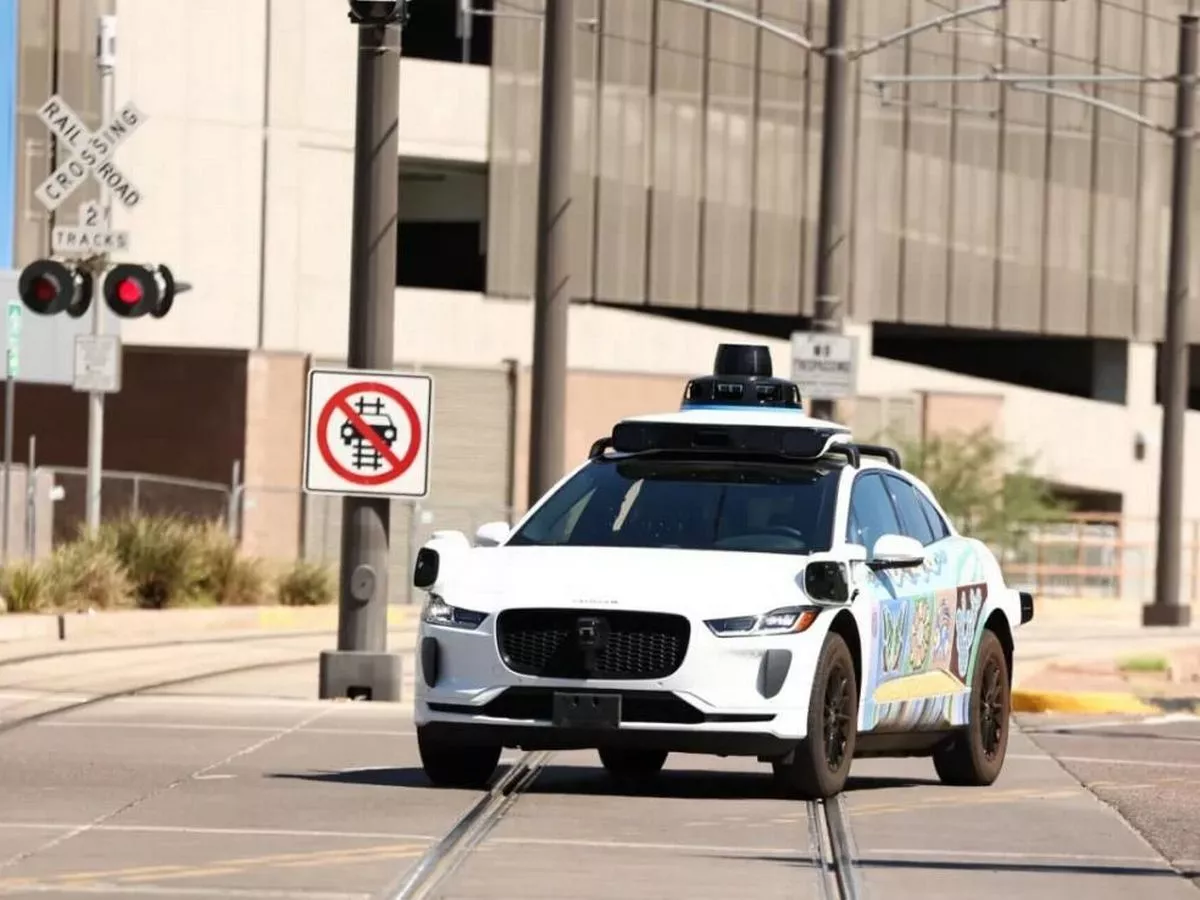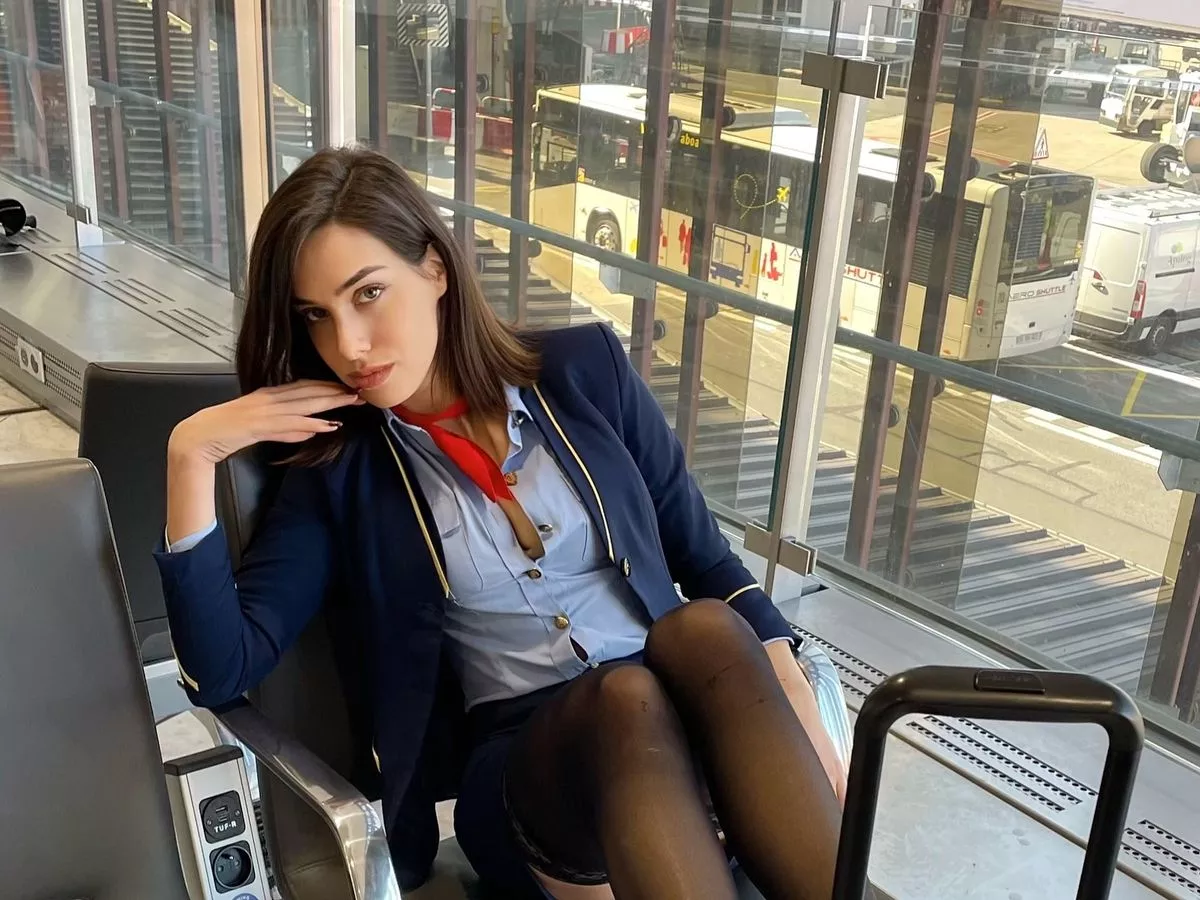Copyright birminghammail

Road safety campaigning MP Sarah Coombes has revealed that the UK's first 'driverless' cars have been tested out on the M6 in the West Midlands as she pressed for the region to become an early adopter 'to cut accidents' and potentially create thousands of jobs. Coombes, Labour MP for West Bromwich, said so-called robotaxis could improve 'safety and accessibility' and support economic growth as she made the case for the West Midlands to be a pioneer. "I'd love Birmingham and the Black Country to be an early adopter for driverless taxi pilots," she said. READ MORE: Calls for tougher laws on 'ghost plates' as West Midlands police boss says 'Parliament needs to act' She raised the issue in Parliament, as Google owned Waymo announced it would be launching in London next year. Waymo's Ethan Teicher said a small fleet would launch in the capital in 2026, "working closely with the Department for Transport and Transport for London to ensure safety and regulatory compliance at every stage". The London rollout will feature all-electric Jaguar models, supported by fleet operations partner Moove. Driverless cars have already been 'zipping up the M6' as part of the learning phase, said Coombes. "In San Franciso these robotaxis are a tourist draw, people travel there from all over to see the future in action," she said, adding that it made sense for Birmingham, 'the youngest city in Europe, full of innovation and entrepreneurship' to lead the 'automotive revolution' in the UK. But she also warned that concerns about cyber attacks, accidents and the potential impact on professional driver jobs would need to be addressed. Initial legislation supporting driverless technology, under the Automated Vehicles Act, has already been passed but more legal and regulatory steps need to be completed before they become a common sight on our streets. Coombes said she believed their presence could make a dent in deadly crash statistics. The MP, elected last year, has been leading on road safety issues, pressing for an end to the 'ghost and cloned' industry in car licence plates and campaigning for longer sentences and lifetime bans on the worst motorists who kill and maim. Speaking in the House of Commons, Tuesday October 28, she said: “If you speak to police they will tell you that most deadly crashes are caused by what they call the ‘fatal five’: speeding, drink or drug driving, antisocial driving, mobile phone use or not wearing a seatbelt. “You don’t need to be a machine-learning expert to realise that automated vehicles, trained by safe, expert drivers and programmed to comply with the strict rules of the road, could avoid all of those five and the needless death they cause. "A self-driving car is not going to get drunk or high, or scroll through Tik Tok.” She also told Parliament that the vehicles could bring untold benefits to the 30% of adults in her constituency who don't have a car, providing disabled-accessible transport options. Government estimates suggest the automated car industry could add £42 billion to the UK economy by 2035, with 38,000 jobs created. “I think about my own region of the West Midlands, which is an automotive manufacturing heartland. JLR produces the Jaguar I-Pace which is the vehicle used by Waymo robotaxis. Some of the factories in my constituency make parts for Nissan, who have announced a partnership with Wayve for new AI Driver Software.” Coombes introduced the short debate by sharing her experience of being in a 'driverless' car around Kings Cross in London. "Yesterday I jumped in a car with a couple of other people near Kings Cross station. It was a pretty normal journey. "We watched the world go by, chatted, got stuck in a bit of traffic. The journey was completely ordinary except for one thing: the car was driving itself. "That twenty-minute journey represents the future of what our roads could look like." READ MORE: Driverless taxis coming to London in 2026 - human will be in driver's seat for emergency She said she was motivated first by the road safety benefits that such vehicles could bring, telling the House: "I’ve met too many families in my constituency who have lost their husband or their mother through other people’s dangerous driving. "I’m fascinated by how automation and technology could help us eradicate road danger and death." But there were also economic and accessibility benefits, she said. The US is already further advanced on rolling out automated vehicles and robotaxis and has produced impressive safety statistics that reveal the vehicles have 80% fewer injury causing crashes 'compared to an average human driver'. She said: "Proving the reliability and safety of automated vehicles is essential for public acceptance of this new technology. "Lots of people might feel reticent to get in a self-driving car because they don’t feel safe, but I found my own experience yesterday in one of Wayve’s autonomous vehicles reassuring. During the journey we had cyclists jumping red lights, pedestrians walking out into the road, other drivers cutting across our right of way. "The car dealt with it all – the journey felt safe and smooth the whole time. Some critics say that these cars can’t handle British roundabouts as they are made for American grid cities – I can confirm the Wayve car handled the roundabouts with ease." Under current laws,a safety driver must be present to 'take the wheel' if issues arise during a test drive. READ MORE: Taxi passengers in London face big shake-up from 2026 Among the potential downsides are concerns about cyber attacks and data sharing, which would need to be addressed, she said. There would also need to be assurances that regulations around number plate sales and use would be tightened to avoid cloning and misuse risks. She said the organisation Transport for West Midlands was keen to look at how it could integrate autonomous technology with public transport, using automated vehicles to 'fill the gaps' to streets or areas that buses, trains and trams don't reach. Those who drive professionally have voiced misgivings about potential job losses, she added. "Given that full vehicle automation is decades away, I hope we can provide reassurance that mass redundancy of drivers is not around the corner." She said driverless cars could also never replicate other roles performed by professional drivers, including providing support and safety and managing behaviour.



